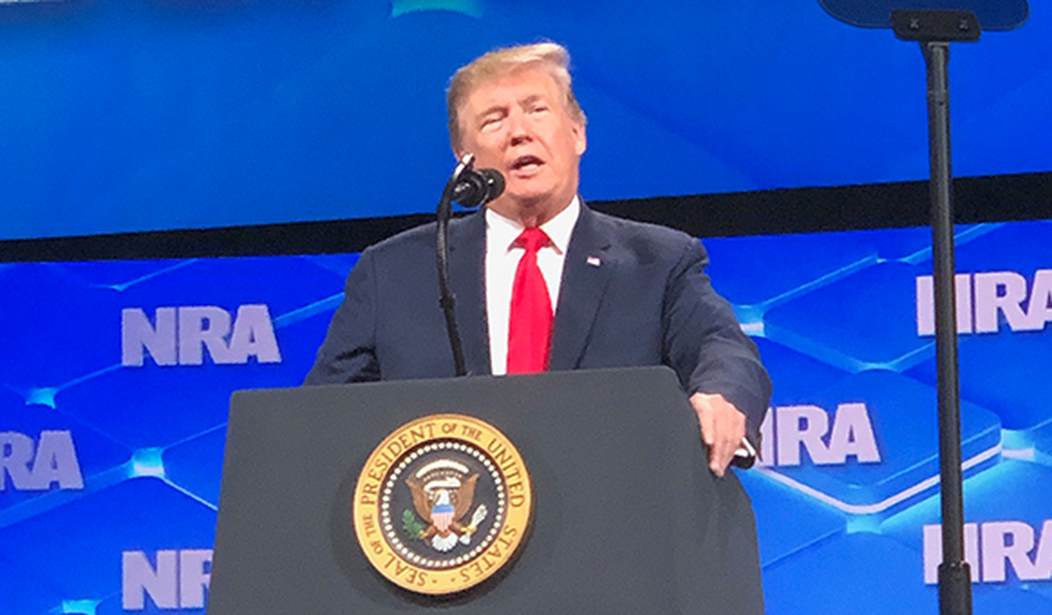Last September, campaign aide Steven Cheung erroneously reported that Donald Trump had purchased a Glock-19 pistol during a visit to a gun dealer in Summerville, S.C. Glock actually makes a special G-19 Donald Trump edition and during a visit to the gun shop, Trump said he wanted to buy one.
The story set off an uproar because Trump was under indictment for crimes that carried a sentence of more than a year in prison. This made him ineligible to purchase a gun.
A short time after Cheung posted on X that Trump had purchased the Glock, the aide deleted original the post, saying “President Trump did not purchase or take possession of the firearm. He simply indicated that he wanted one.”
That might have settled the immediate question. But at some point, Donald Trump will be asked to surrender any firearms he owns. According to an interview he gave in 2012, he owns two pistols and possesses a concealed carry permit.
The Gun Control Act of 1968 makes it illegal for convicted felons to own a firearm. New York law makes it illegal for felons to possess a concealed carry permit. Will Donald Trump be forced to surrender his firearms?
Related: Former Dem Presidential Candidate Calls on NY Governor Kathy Hochul to Pardon Trump
If the judge demands Trump to give them up, he better have a darn good excuse why he shouldn't or can't give them up.
The law is arbitrary and capricious. It punishes violent felons and non-violent offenders equally.
"Many felonies are not violent in the least, raising no particular suspicion that the convict is a threat to public safety," UCLA law professor Adam Winkler notes. "Perjury, securities law violations, embezzlement, obstruction of justice, and a host of other felonies do not indicate a propensity for dangerousness. It is hard to imagine how banning Martha Stewart or Enron's Andrew Fastow from possessing a gun furthers public safety."
History "demonstrates that legislatures have the power to prohibit dangerous people from possessing guns," Supreme Court Justice Amy Coney Barrett wrote in a 2019 dissent as a judge on the U.S. Court of Appeals for the 7th Circuit. "But that power extends only to people who are dangerous." In that case, Barrett concluded that a mail fraud conviction did not justify permanently depriving a defendant of the right to arms.
Three years later, Barrett joined the majority opinion in New York State Rifle & Pistol Association v. Bruen, which clarified the constitutional test for gun control laws. "When the Second Amendment's plain text covers an individual's conduct, the Constitution presumptively protects that conduct," Justice Clarence Thomas wrote for the majority. "To justify its regulation, the government may not simply posit that the regulation promotes an important interest. Rather, the government must demonstrate that the regulation is consistent with this Nation's historical tradition of firearm regulation. Only if a firearm regulation is consistent with this Nation's historical tradition may a court conclude that the individual's conduct falls outside the Second Amendment's 'unqualified command.'"
The "historical tradition" of firearm regulation is clearly on the side of Donald Trump in this matter. But Trump is going to have to appeal any action that deprives him of his firearms, probably all the way to the Supreme Court.










Join the conversation as a VIP Member